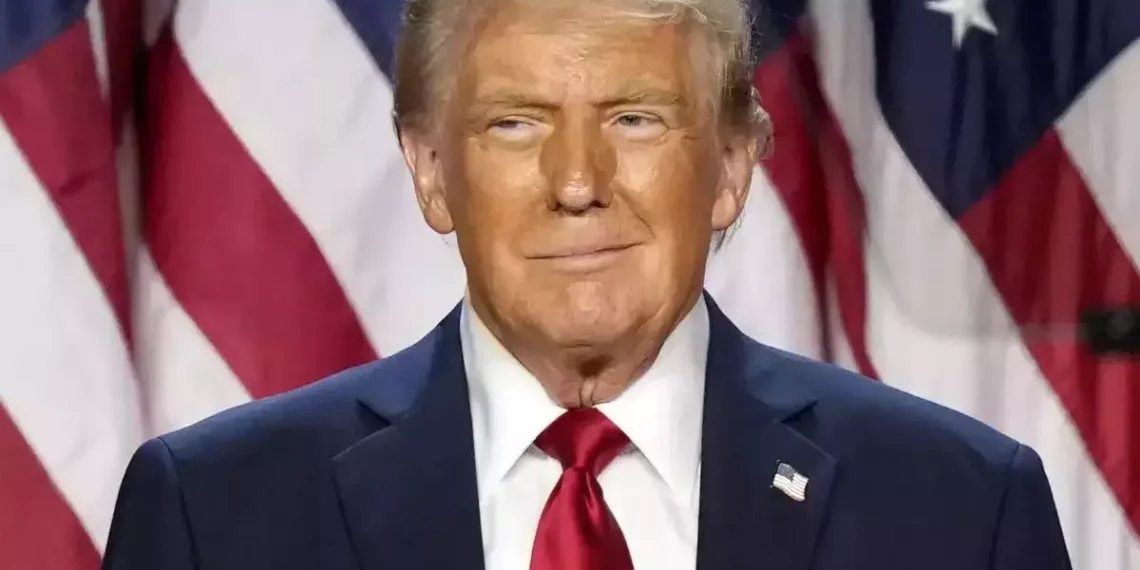After a sweeping victory in the 2024 U.S. Presidential election, Donald Trump is gearing up to shape his second administration, fueling intense media speculation and public debate. With major cabinet and advisory roles soon to be filled, Trump’s approach signals a continuation of his “America First” agenda, focusing on loyalty, experience, and alignment with his vision.
As Trump begins to assemble his leadership team, several prominent figures are emerging as possible appointees. Here’s a look at some of the names being floated:
Secretary of Defense: Among those reportedly under consideration are Mike Pompeo, former Secretary of State; Tom Cotton, U.S. Senator known for his defense stance; and John Ratcliffe, former Director of National Intelligence. Trump’s choice for this position is likely to reflect a strong commitment to a tough, America-centric defense policy.
Secretary of State: Potential candidates include Robert O’Brien, who served as Trump’s National Security Advisor; Ric Grenell, former Ambassador to Germany; and Bill Hagerty, a U.S. Senator with experience in international relations. These names are popping up following Trump’s intent to maintain a hardline approach to foreign policy.
Attorney General: While specific names for Attorney General haven’t been confirmed, Trump is expected to select a figure loyal to his administration’s goals and conservative ideals, reinforcing his push for a judiciary aligned with his policies.
Beyond cabinet positions, Trump is also looking at influential roles for advisors who support his vision:
Douglas Macgregor: Known for his outspoken views on defense policy, Macgregor may take on a senior advisory role, possibly in the Department of Defense. His involvement could signify a shift towards a more assertive military stance.
Read also: Nigeria achieves first shipment of goods to Kenya under AfCFTA initiative
Brian Hook: A former State Department official known for his hawkish perspectives, Hook’s potential return highlights a strong foreign policy agenda. He is reportedly involved in staffing discussions, suggesting a possible leadership or advisory role in shaping America’s international relations.
In true Trump fashion, loyalty and ideological alignment appear to be central to his selection process. By considering individuals from his first term, former Wall Street executives, and seasoned military figures, Trump is building what supporters call a “conservative powerhouse.” His strategy, however, has drawn criticism, with some arguing that a balance between civilian and military leadership is essential.
Interestingly, Trump may continue his unconventional approach of leaving certain positions unfilled, as he did in his first term, believing that some government roles are redundant. This selective approach to staffing reflects his desire to streamline government operations and reinforce his authority.
Reactions to Trump’s potential cabinet picks are deeply polarized. Supporters see his choices as a strong foundation for a “conservative dream team” that will carry forward his agenda with determination. Critics, however, worry that the ideological leanings of these appointees may impact domestic and foreign policy, potentially alienating America from its allies and amplifying divisions at home.






